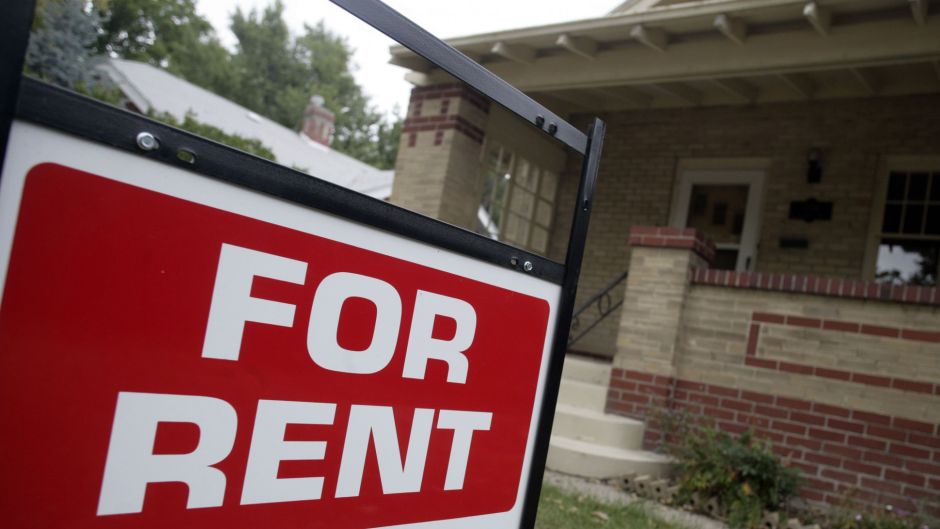They claim that this measure does not help tenants to stay in their homes.

The coronavirus has intensified the housing problem.
Photo: Archive / Impremedia
Paid space
Opponents of Proposition 21 say that if the measure were to be approved, it would increase rents by 15% and grant unlimited power to add rates to housing, which would be passed on to tenants.
Additionally, they ensure that Proposition 21 does not contain protections for seniors, veterans or the disabled, and does not have a plan to build affordable housing, stop evictions, or deal with homelessness.
Proposition 21 supporters say the measure will help keep affordable rental housing for everyone, but opponents argue that it does just the opposite.
One of them is Carlos Padilla, who is a second generation smallholder in the Bay area, but who now sees, he says, his heritage threatened.
He grew up knowing about property rental as his parents, once they immigrated to the United States from Mexico, bought their first home in the 1970s.
As soon as they had the opportunity, they bought a bigger house and at the first opportunity they rented it to start saving for their future, he explained.
Padilla did the same when he graduated from college. He bought a piece of land with four apartments to rent. Thus they started the family home rental business.
However, Padilla assures that not only they as small owners would be affected by Proposition 21, but also their tenants
“Most of us own a few units and we don’t have the resources to stay afloat and navigate the strict rent control laws,” Padilla said. “We rent from $ 400 to $ 600 below market value.”
Since the COVID-19 pandemic began, Padilla said he has been working with his tenants who have been severely affected when it comes to rent payments.
“But if Proposition 21 passes, small homeowners like us will disappear and our properties will either be withdrawn from the rental market entirely or will be bought by large corporate companies,” said the homeowner. “This initiative will not help families to stay in their homes.”
Padilla’s father, Rosario Padilla, is also concerned about the issue, especially because until a while ago he counted on this business to be the source of income that he would count on for his retirement.
Opponents of the measure claim that a similar proposal was already rejected in 2018 by almost 60% of voters. If approved this time the rental boards will have unlimited power to add rates to the home. This would put up to 539 rental boards in charge of housing at risk, because it would allow bureaucrats to decide what people can or cannot do with their properties.
Opponents of Proposition 21 include the California Council for Affordable Housing, American Veterans with Disabilities, the California Housing Consortium, Vietnam Veterans of America, the California State Council, and the California Small Business Association. / Electoral promotion. / Electoral promotion.








